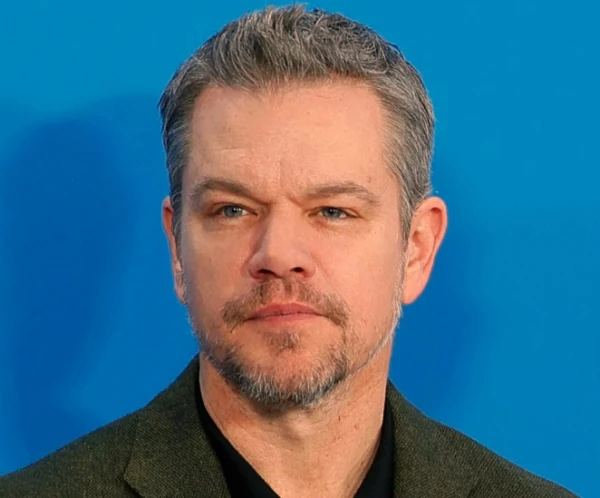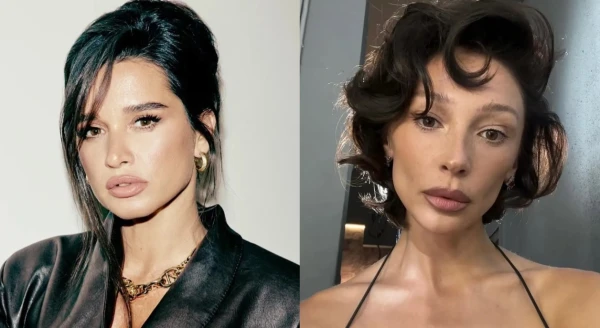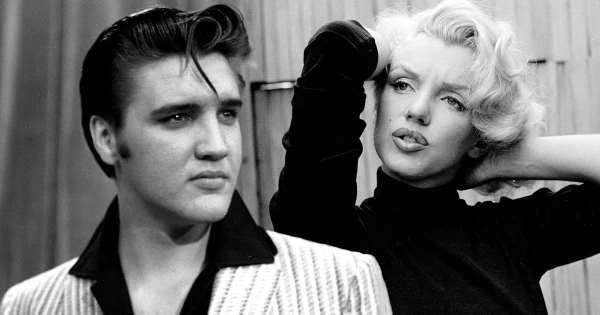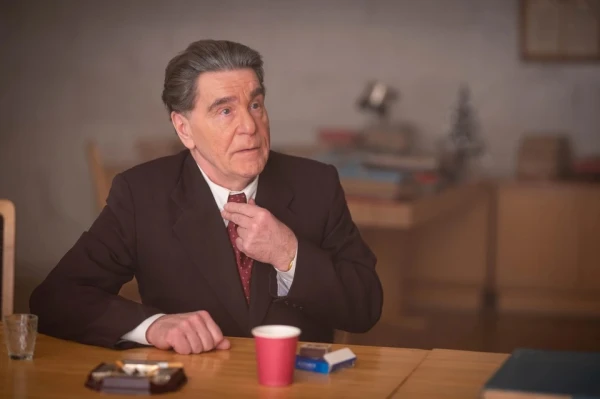
The cult character continues to delight the audience.
Recently, Matt Damon celebrated his 55th birthday. Before that, the actor starred in the crime thriller "The Last Duel" alongside his close friend Ben Affleck, but the public is more interested in another question — will Damon return to the role of Jason Bourne?
Bourne is Different from Bond
The key to understanding the rivalry between franchises lies in a simple dive into the lore of the characters themselves. Both James Bond and Jason Bourne are characters of spy literature born in the second half of the last century. The former was created by British author Ian Fleming, who used dozens of well-known agents and, of course, himself as prototypes. From Fleming, Bond inherits a career in intelligence, a penchant for gambling, and a number of vices. The character of Bourne, on the other hand, was brought to life by American Robert Ludlum — in the mid-1940s, he served in the Marine Corps, and less than half a century later, he published a novel about a former CIA agent found unconscious at sea. But, to be fair, Ludlum had no connection to sabotage activities.
Despite both stories achieving cult status — albeit at different times and in not entirely comparable scales — there are not many points of contact between Bond and Bourne. James Bond is an elegant, self-assured agent of British intelligence who almost unquestioningly follows orders from above, acting solely in the interests of the crown. He is characterized by a taste for luxury, complete with Omega watches, Aston Martin sports cars, tailored suits, and "ten-out-of-ten" girls (we suspect that the dapper and sexist Bond is at least not averse to the rating system for companions). Bourne, however, is a more layered and motivated hero: unlike his English counterpart, he doesn’t even know who he is. Jason's key task is to piece together the fragments of his shattered past.
How Bourne Saved Spy Cinema
The first adaptation of one of Ludlum's novels was released back in 1988 — ABC Studios split "The Bourne Identity" into two parts, turning the project into a miniseries. Although Bourne provided the world with a more brutal perspective on spy cinema, it did not achieve the fame of the Bond franchise. By that time, films about the British agent had been coming out for 26 years and had not yet worn out their welcome. Nevertheless, the story of an amnesiac victim seeking to restore his past was warmly received by critics, and audiences would have to wait until the new century — with the release of "The Bourne Identity" featuring Damon. The premiere and future success of the film coincided with the public's general fatigue with Bond — by 2002, even the most devoted fans of the Bond franchise realized that it was experiencing a burnout period.
The series of films featuring Pierce Brosnan often faced critical remarks: "Die Another Day" (2002) was criticized for an excess of glamorous elements and rather outrageous gadgets. Journalists rightly pointed out that after the events of September 11, people needed a hero of a new formation — broken, vulnerable, but not a glossy magazine cover boy with a martini glass in hand and a license to kill. Moreover, viewers lost faith in the flawless work of special services, and Bourne, who opposed the authorities and the system and killed not for the flag but to survive, aligned with the new values. Unlike Bond, Bourne faced moral dilemmas and sought self-discovery rather than executing government orders.
"Bourne is a paranoid guy who just runs without stopping. He is not a tool of the government; on the contrary — it is the government that hunts him. Bond, on the other hand, is the complete opposite. He is an imperialist who kills between cocktails," Damon said in one of his early interviews, emphasizing the conceptual difference between the characters and their films. However, the differences do not end there: the Bourne series revitalized spy blockbusters by removing unnecessary pathos and many genre conventions of its time. This was primarily expressed in a more realistic artistic approach. Directors Doug Liman and Paul Greengrass (who directed the second, third, and fifth Bourne films) gave the film a frenetic editing style, progressive for the early 2000s handheld camera work, and more believable fight choreography.














Leave a comment